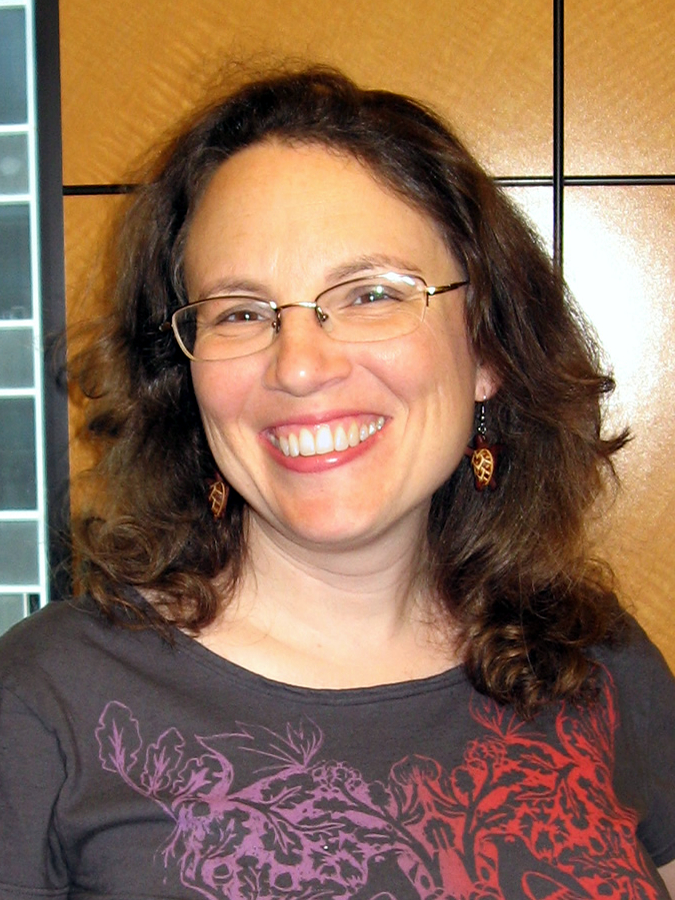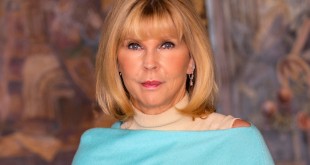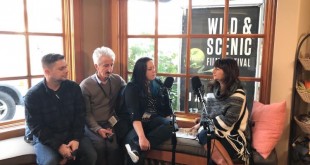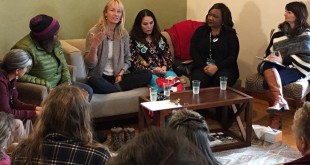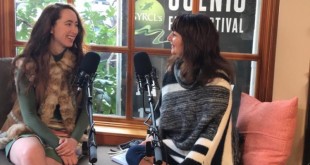Terry is the author of the popular blog, MyPlasticFreeLife.com and the new book, Plastic-Free: How I Kicked the Plastic Habit and How You Can Too (Skyhorse, June 2012). She gives presentations on plastic-free living and why, despite what critics assert, our personal changes do matter. Her work has been profiled in Susan Freinkel’s book Plastic: A Toxic Love Story, Charles Moore’s Plastic Ocean, Gloria Feldt’s No Excuses, and the award-winning film Bag It.
Q: What is your passion or purpose you are being called to bring into action right now?
A: My passion is to protect the most vulnerable beings on our planet from plastic pollution. Through my personal story, blog MyPlasticFreeLife.com, and new book Plastic-Free: How I Kicked the Plastic Habit and How You Can Too, I want to help people realize that our individual actions have an impact and that our personal changes do make a difference.
Q: What were the motivating factors or defining moments that inspired you to get involved and share your passion?
A: Five years ago, I read an article and saw a photo that changed my life completely. The article described the problem of ocean plastic pollution and the photo was of a dead albatross chick filled with everyday plastic pieces, like the bottle caps I used and tossed away on a daily basis. At that point, I had never heard of ocean plastic pollution, the Great Pacific Garbage Patch, or the gyre, and what I read shocked me. But more haunting was that photo, which affected me more than any pictures of stranded polar bears ever had. Those could have been my bottle caps, my plastic waste. My maternal instinct kicked in. Perhaps my feelings were intensified by the fact that I had just had a hysterectomy and was grieving the fact that I would never have children. But for whatever reason, I knew I had to do something to protect these creatures that were unable to speak for themselves.
Q: What is your mantra or favorite quote you refer to when you seek inspiration or hope and why?
A: Change will not come if we wait for some other person or if we wait for some other time. We are the ones we’ve been waiting for. We are the change that we seek.” Barak Obama
It’s so easy to think that the problems in the world are someone else’s fault or that our government will step in and protect us and the planet. But our government is us. It’s up to us to do whatever we can to be part of the solution. Because if we don’t do it, who will?
Q: Tell us about a moment recently when you were standing in your full power and purpose?
A: While giving a talk about my plastic-free journey to a group of Green Sangha members a few weeks ago, I began as I always do by telling the story of the night I saw the albatross photo. I’ve told the story so many times, it sometimes feels like a memorized poem, something separate from me. But this time, as I related the details, I saw a woman in the audience cover her face with her hands and start to weep. In that moment, it was as if I were back at my desk 5 years ago seeing the picture again for the first time. For the rest of the talk, I simply spoke from my heart. I followed the basic outline, but as I let the faces and energy of the audience members guide me. I realized that day that being authentic each time I speak is much more important than being polished.
Q: Why is the work you are doing so important for everyday women?
A: Plastic pollution affects us all on a personal level. The chemicals in plastics have been linked to developmental problems in children and reproductive and other health issues in women. And the effect of plastic pollution on the planet affects all of us, although we may not realize it. Because women make most of the buying decisions in the home, we have incredible power, and yet many of us are afraid to speak up and ask for what we want. Solving the plastic pollution problem will be about much more than changing what we buy. It’s also about working to change the system on a systemic level, and I want to help empower women to do that, no matter what cause they are the most passionate about.
Q: Why is it so important for women to participate in an event like the Passion into Action Conference?
A: It’s important for us to come together and learn from each other’s examples and for women to have role models of other strong women who are making concrete changes in the world. I think it’s also important for us to meet in person, share our stories, and see that those women we sometimes put on a pedestal are regular people too, which means that if they can succeed, so can we.
Q: What are you hoping will be the biggest take-aways for women both at the Passion into Action Conference and your workshop?
A: I want women to not only think about plastic in a different way but to rethink our automatic patterns of consumption and realize that with some creative thinking and using the power of our voices, we have the power to change the menu.
Q: What is your message to women around the world?
A: My message is really the last paragraph of my book:
Whoever you are, whatever your age, gender, or economic status, there is something for you to do in the fight against plastic pollution. There are so many ways to reach out and connect with the wider world. There are so many different ways to participate in this global movement. All talents and skills are needed.
Just pick one thing and get started.
 See Jane Do Everyday Women Doing Extraordinary Things
See Jane Do Everyday Women Doing Extraordinary Things
